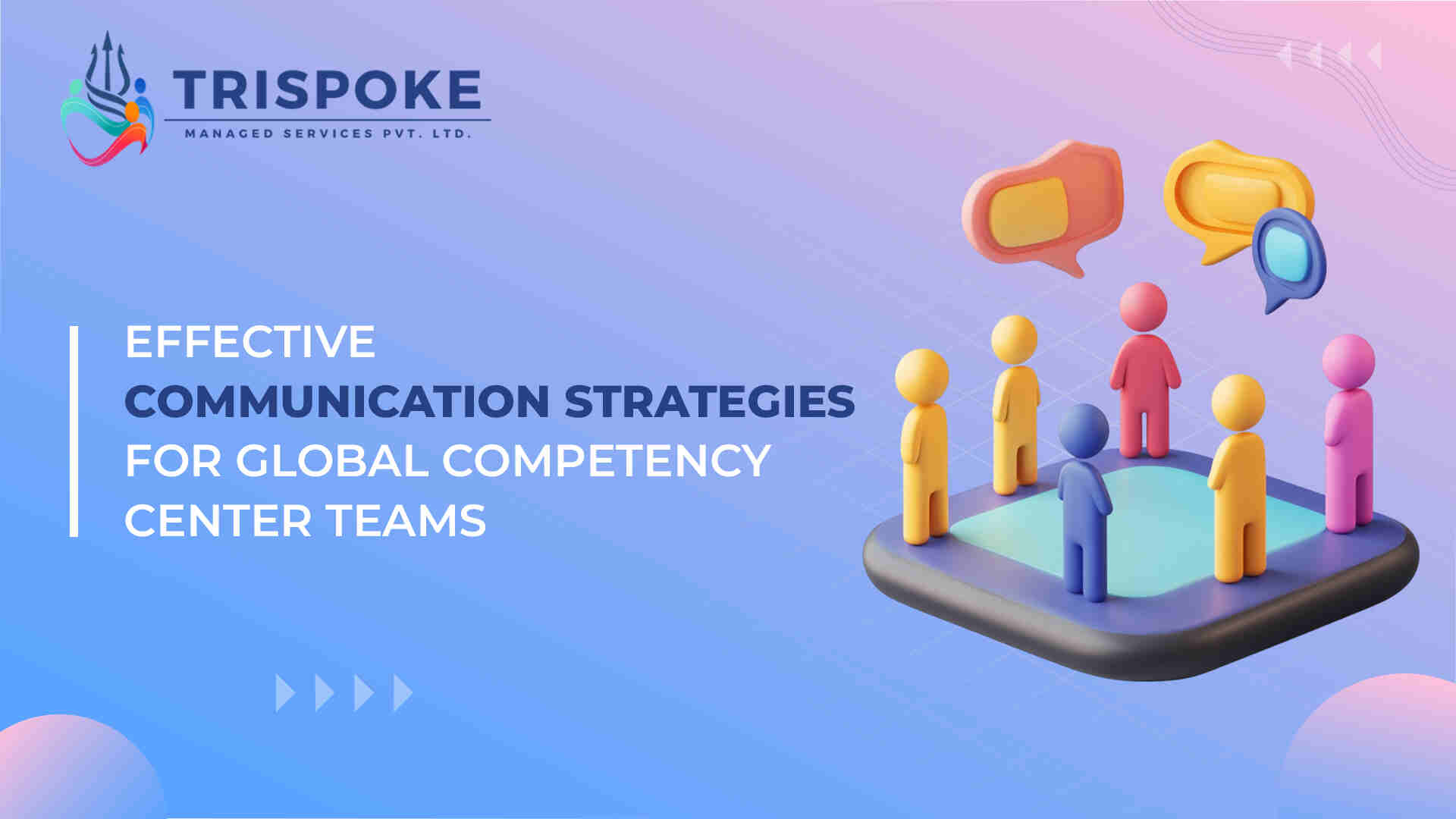In today’s interconnected business landscape, Global Competency Centers (GCCs) play a pivotal role in ensuring seamless operations across diverse geographies. However, the global nature of these teams often presents unique communication challenges. To ensure efficiency, collaboration, and innovation, organizations must implement effective communication strategies tailored to GCCs.
1. Leverage Technology for Seamless Collaboration
Modern communication tools such as Slack, Microsoft Teams, and Zoom have become indispensable for GCCs. These platforms provide real-time messaging, video conferencing, and document sharing, fostering better coordination across time zones. Organizations should also invest in tools that support multilingual communication and provide automated translations to bridge language gaps.
2. Promote Cultural Sensitivity and Inclusivity
Cultural differences can lead to misunderstandings if not addressed proactively. Encourage team members to participate in cross-cultural training programs to enhance their awareness and sensitivity. Celebrating cultural diversity by recognizing international holidays and encouraging knowledge sharing can also foster a sense of inclusivity.
3. Establish Clear Communication Protocols
Consistency in communication practices can mitigate confusion. Define protocols for meetings, reporting, and decision-making processes. For example, ensure agendas are shared before meetings and provide minutes afterward to maintain clarity. Regularly scheduled check-ins can help align goals and address concerns promptly.
4. Emphasize Active Listening and Feedback
Effective communication is a two-way street Promote active listening to guarantee that every team member's perspective is acknowledged. Create a culture where constructive feedback is welcomed and valued. Anonymous surveys or suggestion boxes can help team members share their thoughts without hesitation.
5. Optimize Communication for Different Time Zones
Time zone differences are a common challenge for GCCs. Schedule meetings at mutually convenient times and, when possible, record sessions for those unable to attend. Utilize asynchronous communication methods, like email or shared project boards, to keep everyone informed without disrupting their work-life balance.
6. Prioritize Team-Building Activities
Strong relationships enhance communication. Virtual team-building activities, such as online games or themed discussions, can bridge geographical divides and build camaraderie. Periodic in-person gatherings, if feasible, further strengthen connections and trust.
Conclusion
Effective communication is the cornerstone of GCC success. Organizations can create an environment where global teams thrive by leveraging technology, fostering cultural sensitivity, and establishing clear protocols. Implementing the right recruitment solutions ensures that teams are composed of skilled professionals who align with business goals. Prioritizing active listening, accommodating time zone differences, and investing in team-building activities will further enhance collaboration and innovation within GCCs.

